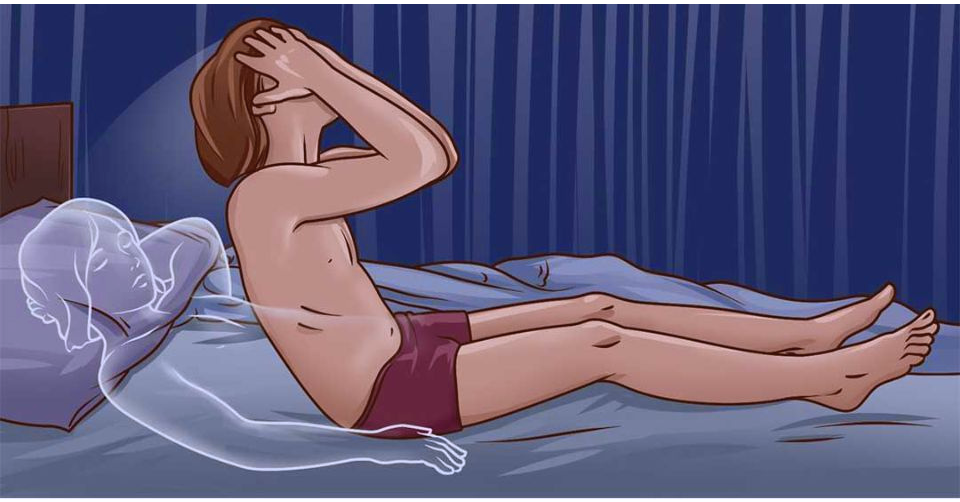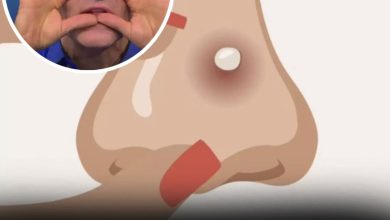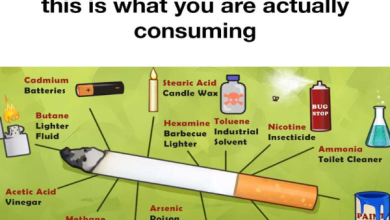The sensation of suddenly jerking awake just as you’re drifting off to sleep is a common experience that many people encounter. It’s a phenomenon that can be startling or even alarming, leaving you to wonder what exactly is happening to your body. Understanding the reasons behind this can offer insights into your sleep patterns and overall health.
Keep reading – Here’s why: Firstly, it delves into a phenomenon that, while common, is often surrounded by myths and misconceptions. Learning the scientific explanations can help ease any concerns you may have and offer you a better night’s sleep. Moreover, being informed about such occurrences can be the first step in identifying any potential sleep disorders or health issues.
What is it?
This sudden jerk is scientifically known as a “hypnic jerk” or “sleep start.” It’s an involuntary muscle spasm that occurs as a person is transitioning from wakefulness to sleep. These jerks are considered a normal part of the sleep process.

Reasons Behind Hypnic Jerks:
1. Evolutionary Factors
One theory suggests that hypnic jerks are a primitive survival mechanism. Early humans may have developed this reflex to stay alert and avoid danger.
2. Physical Exhaustion
When you’re overly tired or fatigued, your body may experience these muscle spasms more frequently.
3. Stimulants
Consuming caffeine or other stimulants close to bedtime can increase the likelihood of experiencing hypnic jerks.
4. Stress and Anxiety
High levels of stress or anxiety can also make these episodes more frequent.
When Should You Be Concerned?
While hypnic jerks are generally harmless, frequent occurrences combined with other symptoms like sleep disturbances could indicate an underlying condition that may require medical attention. If you find that these sleep starts are significantly affecting your sleep quality or health, it might be beneficial to consult a healthcare provider.
Understanding hypnic jerks can help demystify the sudden, startling moments that many of us experience just as we’re about to fall asleep. By recognizing the potential triggers and their implications, you can take steps towards better sleep hygiene and overall well-being.
Source: cooktopcove





